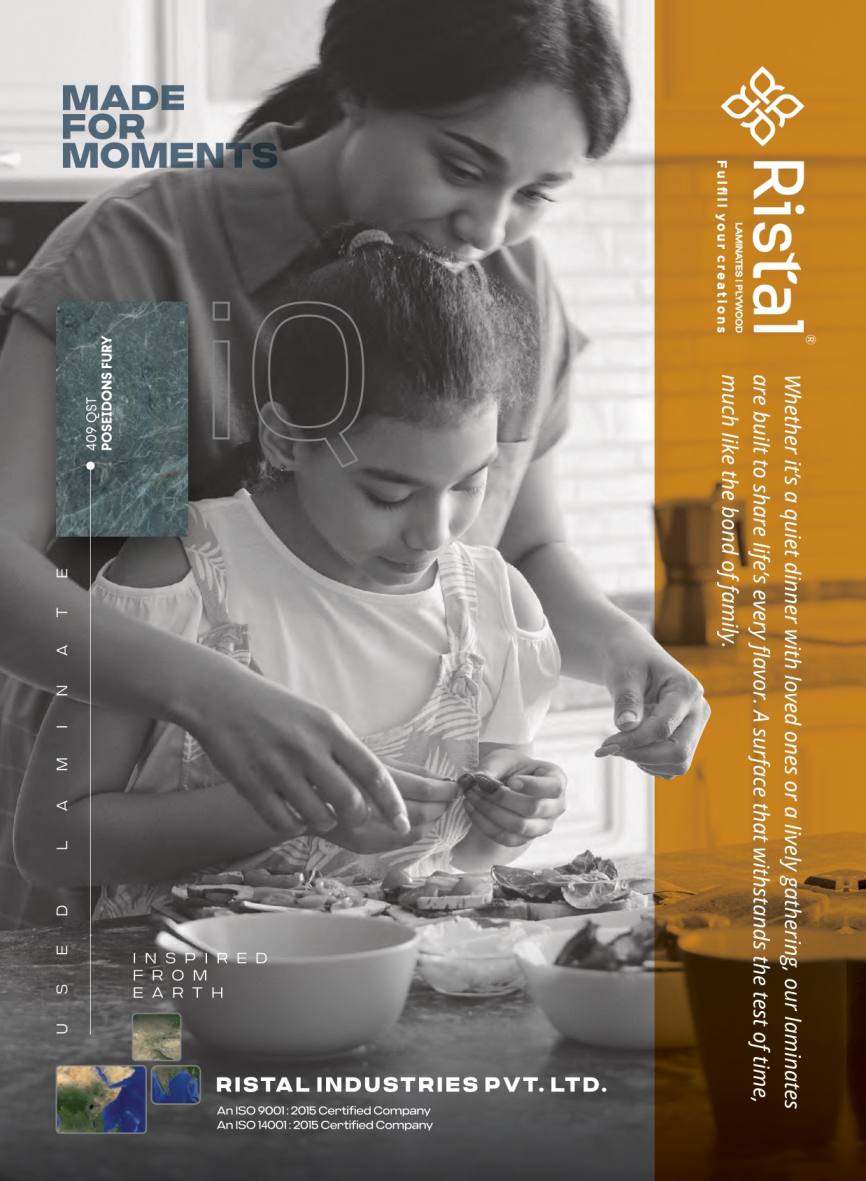
Industry most cautious on economic growth in a decade
- फ़रवरी 13, 2023
- 0
Nearly six in 10 corporate heads in India (57 per cent) are optimistic about the country’s growth prospects in 2023 in the face of a global slowdown, as well as inflationary and geopolitical concerns, according to a survey by advisory firm PwC. This is “the most cautious outlook in over a decade”, the survey said.
The PwC’s Annual Global CEO Survey showed that 78 per cent of chief executive officers (CEOs) in India and 73 per cent of global CEOs believe that global economic growth will decline over the next 12 months. PwC said this is “the most pessimistic” that CEOs have been in over 10 years, reflecting the uncertainty which has gripped the global economy since the war in Europe. Conducted in the last quarter of 2022, as many as 4,410 CEOs from 105 countries, including 68 from India, participated in the survey.
Almost six in 10 India CEOs express optimism about India’s economy over the next 12 months. In comparison, only 37 per cent of Asia Pacific CEOs and 29 per cent of global CEOs expect economic growth to improve in their countries or regions over the next 12 months.
The survey said the changing economic environment, including changing customer demands and supply chain disruptions, has also compelled CEOs to relook at their companies. About 41 per cent of India CEOs believed their organizations would not be economically viable in 10 years, if they continued on their current course.
“Despite signs of a global economic slowdown, continuing high inflation, and the ripple effects of the conflict in Europe, there is optimism among India CEOs about the country’s economic growth. To survive over the next few years CEOs will need to manage external risks and drive profitability. Cost reduction is a top priority for companies across the world. In the long term, they will also need to reimagine, reinvent, and reconfigure their businesses and work culture to thrive. Importantly, they need to act on both now, and simultaneously,” said PwC.
“If organizations are to remain viable in the near (term) and the long term, they must also invest in their people and technological transformation agenda to empower their workforces, “he added.
However, 96 per cent of Indian CEOs said that there are no plans to cut salaries either. This shows that they want to retain the cross-linguistic employees in the company. While cost cuts are high on the priority list globally, 85 per cent of India CEOs do not plan to reduce headcount, and 96 per cent do not plan to reduce compensation—demonstrating their resolve to retain talent, the report said.
The survey stated at least 67 per cent of India CEOs were adjusting supply chains to mitigate exposure to geopolitical conflicts, while 60 per cent of companies in India are currently innovating new, climate friendly predicts or processes.
India CEOs noted the need to collaborate with a wide range of stakeholders to build trust and deliver sustained outcomes if they are to generate long-term societal value.
आर्थिक वृद्धि पर उद्योग जगत एक दशक में सर्वाधिक सतर्क
सुस्त वैश्विक वृद्धि, मुद्रास्फीति के दबाव और भू-राजनीतिक संकट के बावजूद भारतीय कंपनियों के आधे से अधिक प्रमुखों को 2023 में देश की वृद्धि की तस्वीर से पूरी उम्मीद है। सलाहकार फर्म पीडब्ल्यूसी के सालाना वैश्विक सीईओ सर्वेक्षण में यह बात सामने आई है। यह पिछले एक दशक में आर्थिक तस्वीर के प्रति सबसे सतर्कता वाला सर्वेक्षण है।
सर्वेक्षण के अनुसार 78 फीसदी भारतीय मुख्य कार्याधिकारी (सीईओ) और 73 फीसदी वैश्विक सीईओ मानते हैं कि अगले 12 महीनों में वैश्विक आर्थिक वृद्धि में गिरावट आएगी। पीडब्ल्यूसी ने कहा कि इस सर्वेक्षण में सीईओ जितने निराशावादी दिखे उतने पिछले एक दशक में कभी नहीं दिखे थे। इससे पता चलता है कि यूरोप में युद्ध के समय से ही वैश्विक अर्थव्यवस्था में अनिश्चितता है। 2022 की अंतिम तिमाही में कराए गए इस सर्वेक्षण में 105 देशों के 4,410 सीईओ ने हिस्सा लिया, जिनमें भारत के 68 सीईओ शामिल थे।
भारत के 10 में से लगभग छह सीईओ अगले 12 महीनों में भारत की अर्थव्यवस्था के बारे में आशावाद व्यक्त करते हैं। इसकी तुलना में, एशिया पैसिफिक के केवल 37 प्रतिशत सीईओ और 29 प्रतिशत वैश्विक सीईओ अगले 12 महीनों में अपने देशों या क्षेत्रों में आर्थिक विकास में सुधार की उम्मीद करते हैं।
सर्वेक्षण से पता चला है कि ग्राहकों की बदलती मांग और आपूर्ति श्रृंखला में बाधा सहित बदलते आर्थिक माहौल ने भी मुख्य कार्याधिकारियों को अपनी कंपनियों की रणनीति पर फिर विचार करने के लिए मजबूर किया है। तकरीबन 41 फीसदी भारतीय सीईओ मानते हैं कि अगर कंपनी मौजूदा तरीके से ही चलाई गई तो अगले 10 साल में वह आर्थिक रूप से काम की नहीं रह जाएगी।
पीडब्ल्यूसी ने कहा, ‘वैश्विक आर्थिक नरमी, उच्च मुद्रास्फीति और यूरोप में विवाद के बावजूद भारतीय सीईओ अपने देश के आर्थिक वृद्धि को लेकर आशान्वित हैं। अगले कुछ वर्षों में कंपनियों को कारगर बनाए रखने के लिए सीईओ को आंतरिक जोखिम संभालने होंगे और मुनाफा बढ़ाना होगा। दुनिया भर में लागत घटाना कंपनियों की शीर्ष प्राथमिकता है। लंबे समय की बात करें तो उन्हें अपने कारोबार को नए सिरे से ढालना होगा और उसी के हिसाब से कार्य संस्कृति भी बदलनी होगी। उन्हें अभी से इस पर काम करना होगा।
उन्होंने कहा, ‘अगर संगठन को निकट भविष्य तथा दीर्घावधि में चलाते रखना है तो उन्हें कार्यबल को सशक्त बनाने के लिए कर्मचारियों और तकनीकी बदलाव में निवेश करना होगा।
हालांकि 96 फीसदी भारतीय सीईओ ने कहा कि वेतन कटौती की भी कोई योजना नहीं है। इससे पता चलता है कि वे प्रतिभाशाली कर्मचारियों को कंपनी में बनाए रखना चाहते हैं। जबकि वैश्विक स्तर पर लागत में कटौती प्राथमिकता सूची में अधिक है, भारत के 85 प्रतिशत सीईओ ने कर्मचारियों की संख्या कम करने की योजना नहीं बनाई है, और 96 प्रतिशत ने वेतन को कम करने की योजना नहीं बनाई है- प्रतिभा को बनाए रखने के अपने संकल्प का प्रदर्शन करते हुए, रिपोर्ट में कहा गया है।
सर्वेक्षण में कहा गया है कि भारत के कम से कम 67 प्रतिशत सीईओ भू-राजनीतिक संघर्षों के जोखिम को कम करने के लिए आपूर्ति श्रृंखलाओं को समायोजित कर रहे थे, जबकि भारत में 60 प्रतिशत कंपनियां वर्तमान में नए, जलवायु अनुकूल भविष्यवाणियों या प्रक्रियाओं का नवाचार कर रही हैं।
भारत के मुख्य कार्यकारी अधिकारियों ने विश्वास बनाने और दीर्घकालिक सामाजिक मूल्य उत्पन्न करने के लिए निरंतर परिणाम देने के लिए हितधारकों की एक विस्तृत श्रृंखला के साथ सहयोग करने की आवश्यकता पर ध्यान दिया हैं।
































































